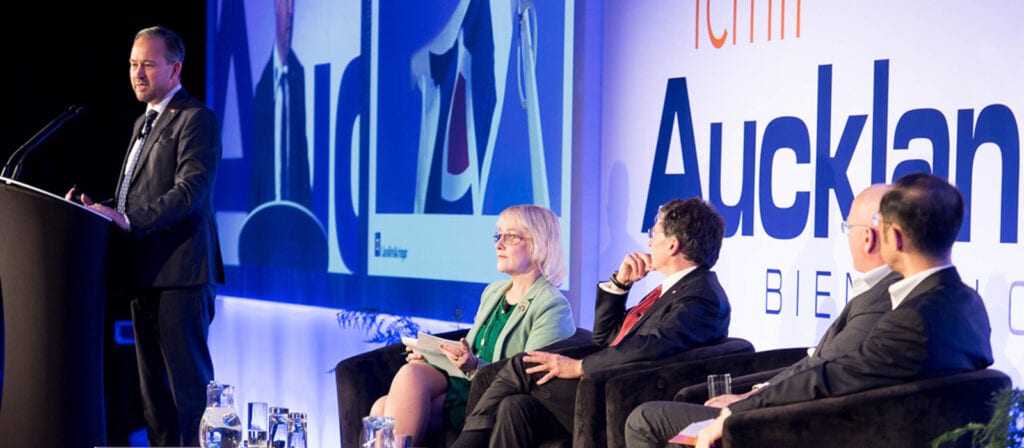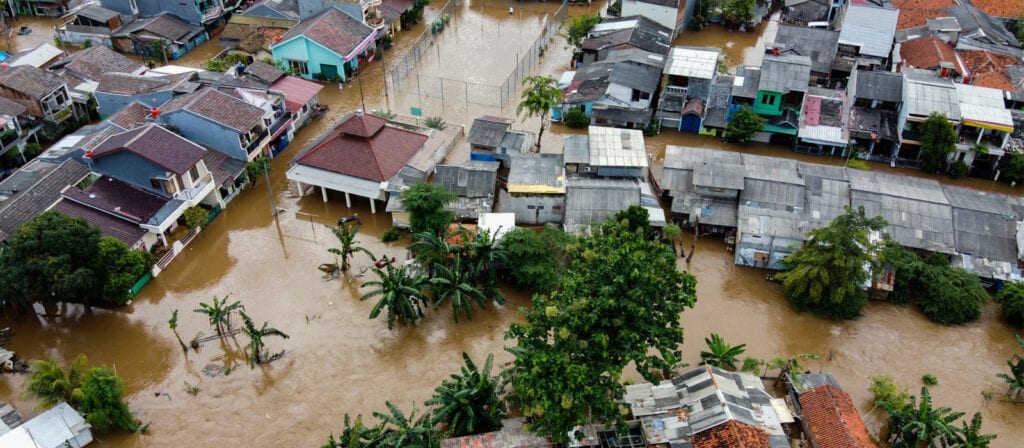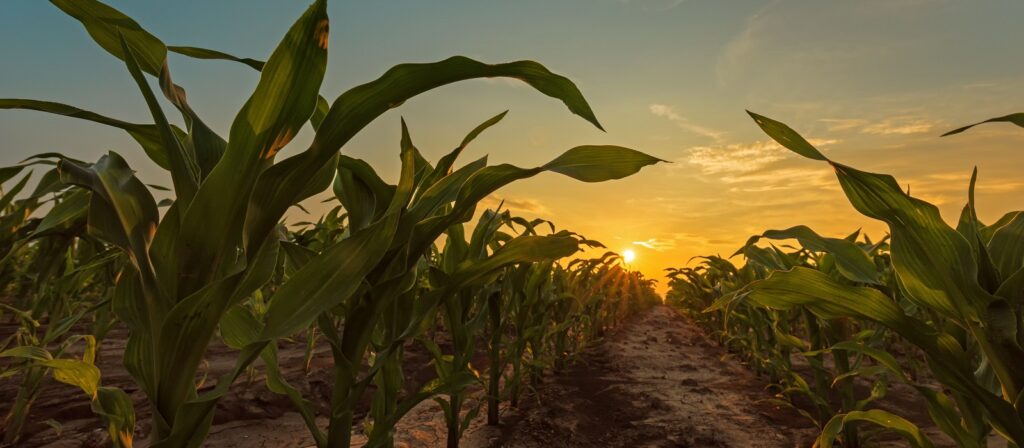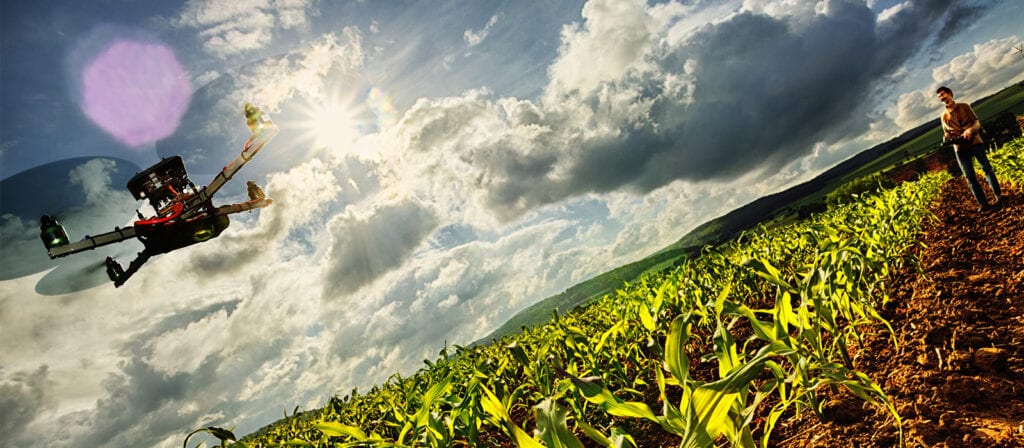The Life ADA project, launched in Italy in autumn 2020, aims to increase the resilience of the agricultural sector through developing knowledge and planning tools that groups of producers and farmers can use to adapt to climate change. The project is based on the implementation of an innovative public-private partnership model between insurance, the public authorities (Regions), technical-scientific institutions, NGOs and producer groups: Italian agricultural producer organisation (OPI) or cooperatives. ICMIF member Unipol Group, through subsidiary UnipolSai, is the lead company in this project.
Italy’s economic losses from climate extremes are among the worst in the EU, according to the European Environment Agency. Predicted changes in climate over the next few decades will strongly influence the development of Europe’s agricultural sector and its production dynamics.
Agricultural practices have always adapted to changes in weather. Yet, the scale of climate change, the increasing frequency of extreme weather events, and the difficulty in predicting future climate scenarios now present huge challenges to farmers. Climate change directly impacts agricultural yields, putting at risk farmers’ revenue and their survival as viable businesses. This in, turn, threatens revenue throughout the entire value chain.
There is an urgent need, therefore, to implement climate change adaptation strategies, both at the farm and value chain level. Farmers, especially small and medium-sized operators, are highly exposed. They need to know which adaptative measures to implement locally, starting today.
Climate change also threatens how food quality requirements are maintained along the value chain. Specialized agriculture is predicated on quality assurance, often linked to the characteristics of a particular territory. It is therefore exposed to the considerable risks resulting from climate change. EU and Italian agriculture is characterized by a wide range of such high-value foods that boast high levels of quality in terms of food safety, nutritional, cultural, and heritage value. Consumer demand is pushing towards products with geographical indication (GI) or organic quality marks. Yet climate change could mean that many of these products may cease to exist, or will require new innovations in production to survive.
While insurance allows farmers to manage the economic risks of extreme events, the scale of climate change means many risks may be too expensive to insure. Insurers must play a triple role:
- as risk carriers, through the traditional role of risk transfer;
- as risk managers, to boost communities’ resilience by fostering customers’ capacity-building, and incentivizing virtuous risk reduction and adaptive interventions;
- as investors, to fund climate change adaptation.
Those considerations have led UnipolSai, Italy’s leader in non-life insurance, to launch Life ADA (ADaptation in Agriculture). This innovative, multi-stakeholder project aims to transfer knowledge to farmers and producer organizations on climate scenarios, risk, management and adaptive measures to enhance their capacity to tackle current and future climate risks.
A web-based tool will support farmers’ decision-making processes in shaping efficient adaptation plans at both the farm and supply-chain level. The project will also support farmers’ capacity to plan and invest in adaptive interventions by framing a coherent policy strategy at regional level. And, by building capacity on risk reduction, the project will foster insurer innovation in maintaining farmers’ insurability in the long-term.
Life ADA will focus on three value chains:
- dairy (Parmigiano cheese)
- fruit and vegetables
- wine
Combined, these sectors represent 40% of Italy’s agricultural revenue and almost 20% of the country’s farmers.
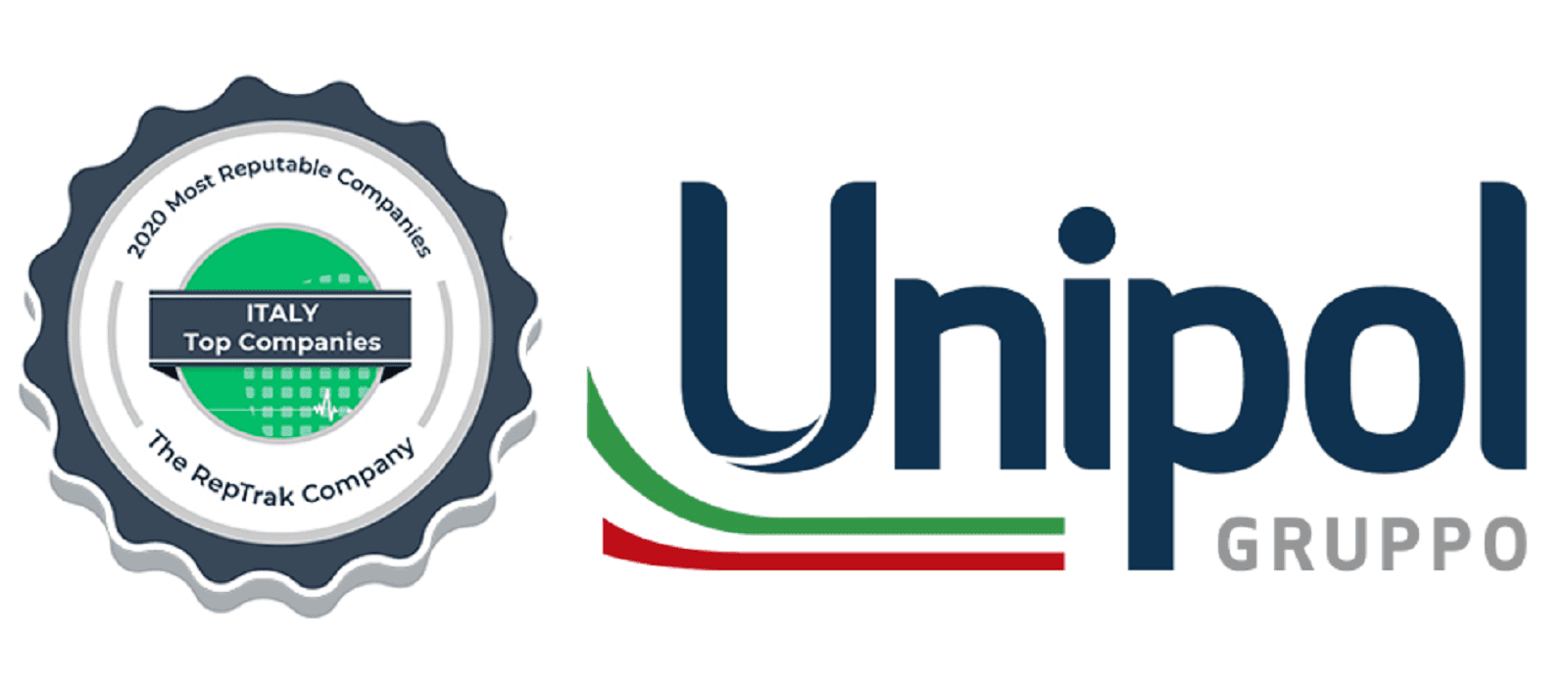

This article was written by Marisa Parmigiani, Head of Sustainability and Stakeholder Management, Unipol Group.
UnipolSai Assicurazioni will coordinate the project, together with two scientific institutes (ARPAE and CREA-PB), two agricultural trade organisations (CIA Agricoltori Italiani and Legacoop Agroalimatare Nord Italia), a big data and innovation company (Leithà), an environmental NGO (Circolo Festambiente) and a region (Emilia-Romagna). The project is co-funded by the European Commission under the LIFE Programme, the EU’s funding instrument for the environment and climate action.
Life ADA enters its pilot experimentation phase in Emilia-Romagna in autumn 2021. It will then be rolled out across Italy in 2022. The project runs until December 2023.
About Unipol
Unipol Group is the second largest insurance group on the Italian market, the leading insurance group in the Italian non-life business market, and among the top 10 in Europe.
Through its various subsidiaries, the Unipol Group offers a full range of life and non-life insurance and financial products, and is particularly active in the health sector. The Group also operates in the banking sector and real estate sector, as well as in the hotel and agricultural industries.

